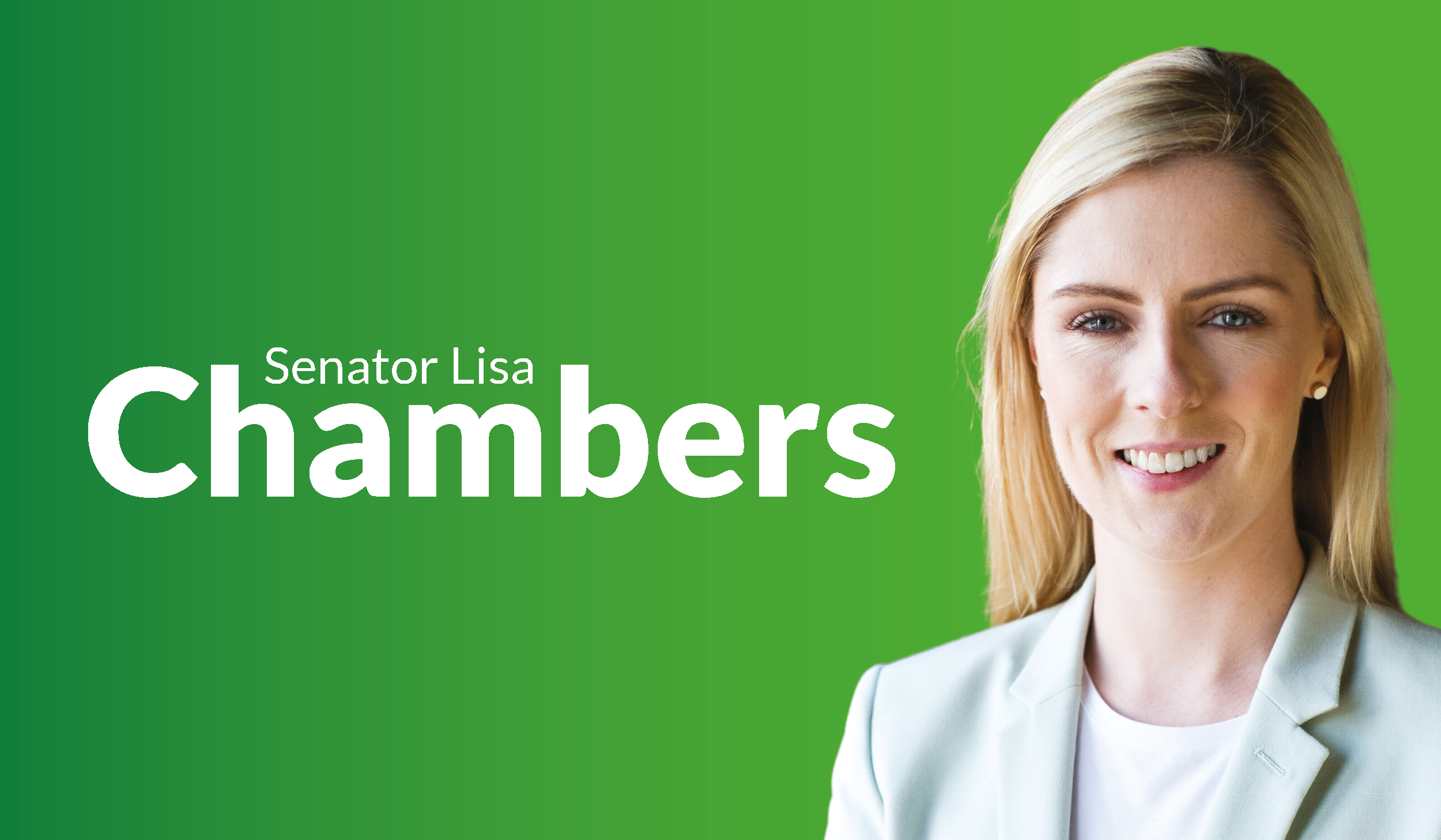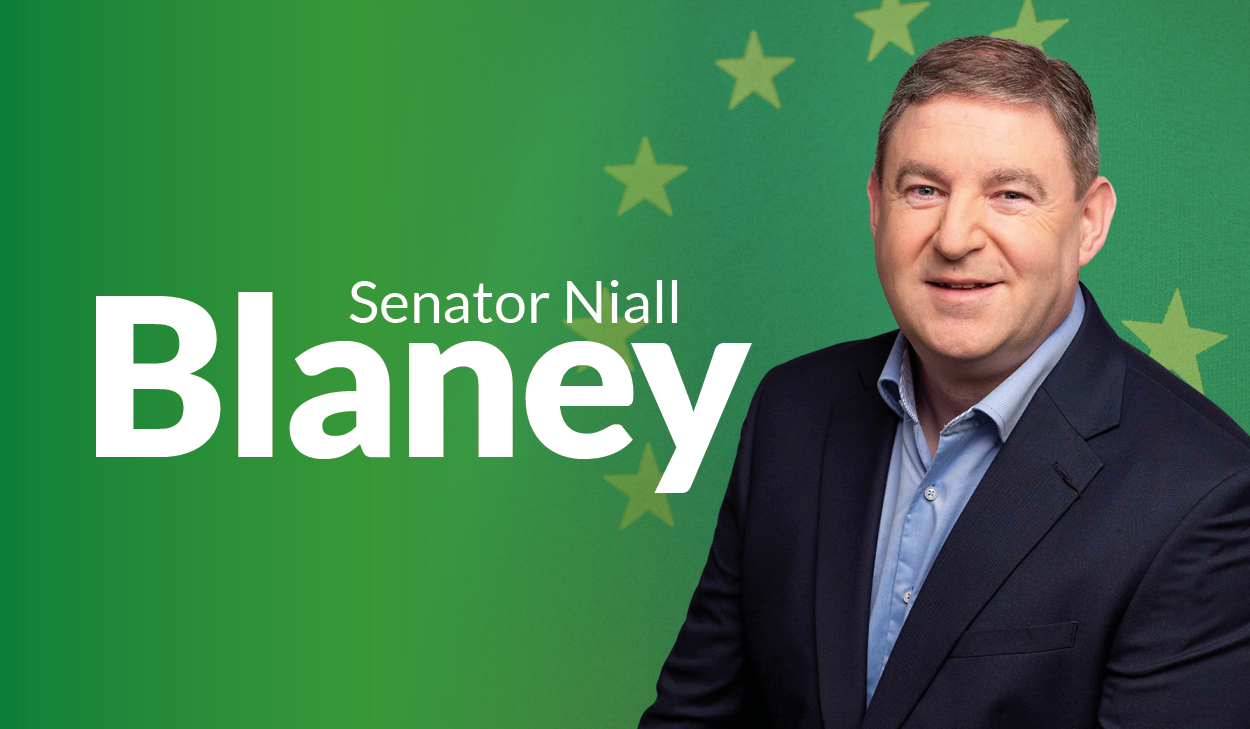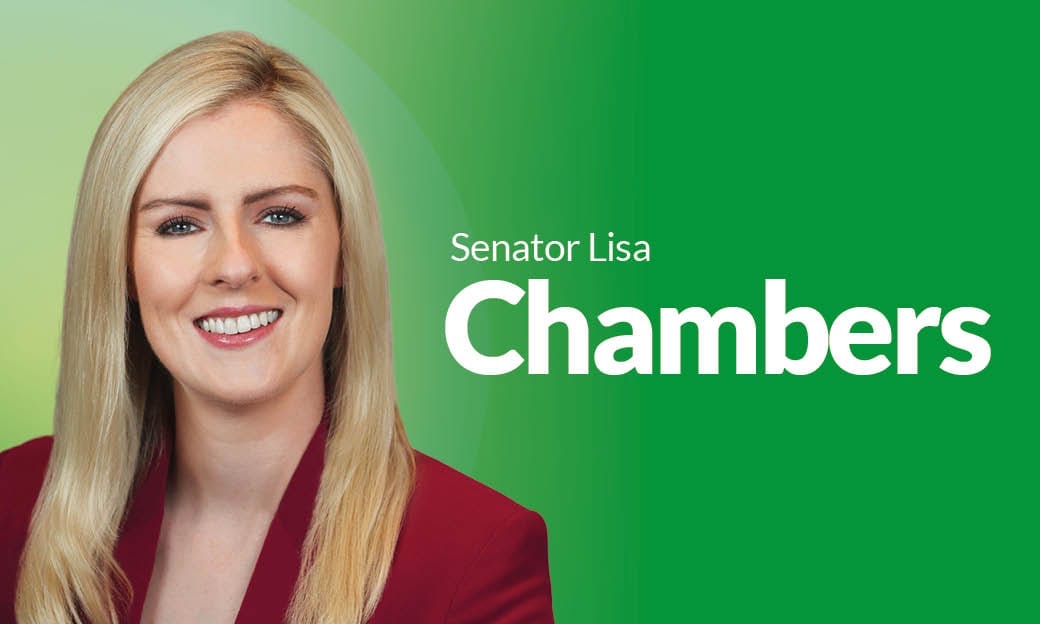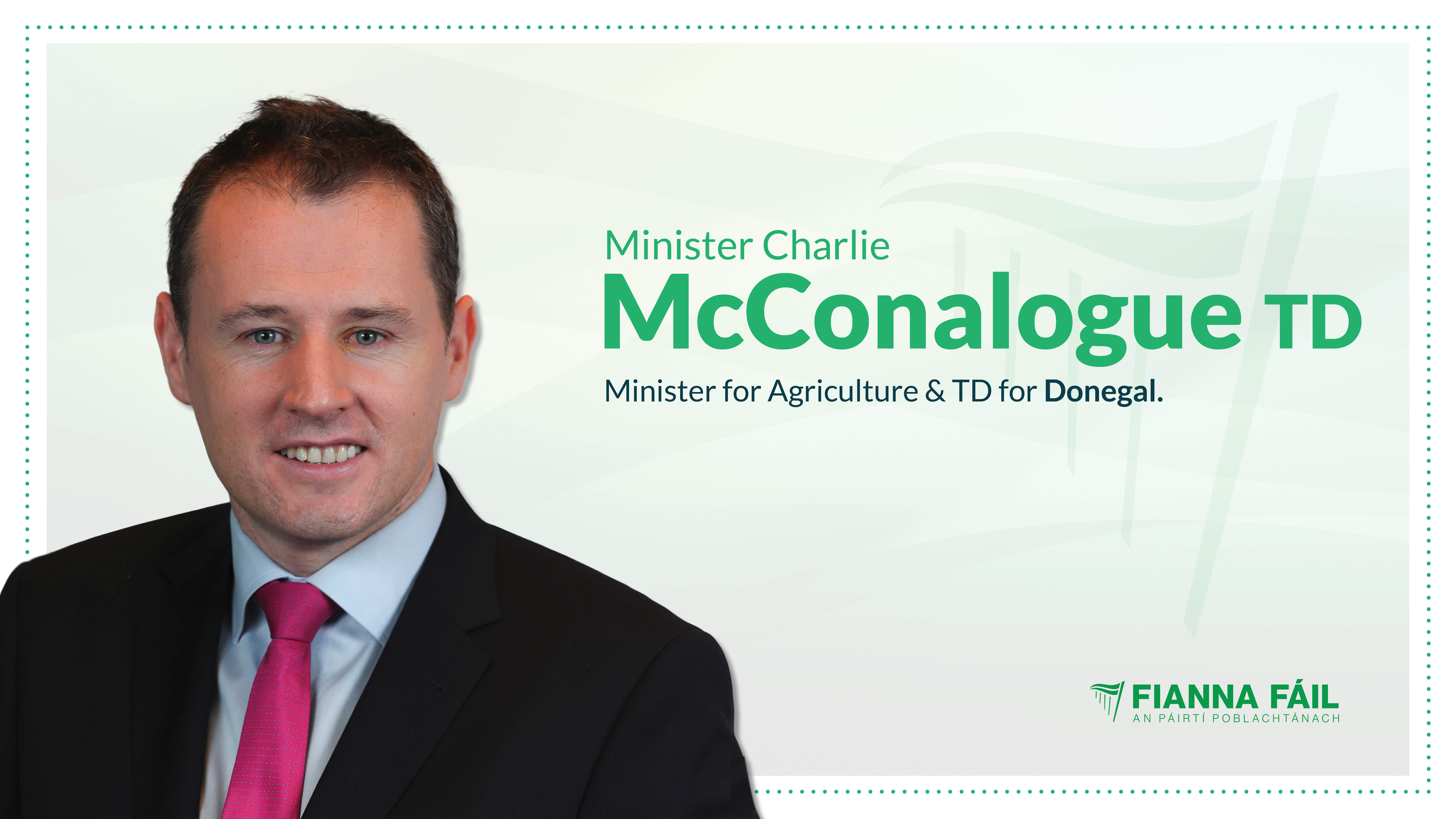Chambers and Fitzpatrick say continued strong management of economy is essential to protect services and jobs
Published on: 26 November 2024
Finance Minister Jack Chambers and Dublin Central Candidate Mary Fitzpatrick set out Fianna Fáil priorities to safeguard economy from international shocks and Cost of Living document to support families, workers and businesses
Minister for Finance and Fianna Fáil Candidate in Dublin West, Jack Chambers and Mary Fitzpatrick, Fianna Fáil candidate in Dublin Central, have said Fianna Fáil in Government has shown it is best placed to safeguard the economic progress our country has made, and will prioritise protecting public services and investing in critical infrastructure in the years ahead.
Fianna Fáil has also re-emphasised its commitment to helping those most impacted by challenges associated with the high Cost of Living by publishing its policy to permanently bring prices down.
Minister Chambers pointed out that the unprecedented package of measures and supports provided by Fianna Fáil in Government to support families, workers and businesses in recent years was only possible because of our strong economy and robust public finances.
Minister Chambers also warned that Ireland faces new economic risks due to changing global dynamics. He said that ensuring we remain competitive, pro enterprise and pro-European is essential to protecting our prosperity and enhancing opportunities.
Minister for Finance Jack Chambers said: “The economy is performing very strongly at the minute because of the sensible and responsible polices we have pursued. This has resulted in record levels of people at work with 2.8m people in employment, the lowest inflation levels in Europe and healthy budget surpluses annually.
“It is precisely because of the economic choices we have made that we were able to put money back in workers’ pockets, provide energy credits and reduce cost of public services including transport, childcare and healthcare among a range of other essential interventions.
Minister Chambers added: “At the same time we acknowledge that Ireland is a small, open, trading economy which is more exposed to international shocks and a change in direction to a more protectionist global economic model.
“Our successes are not inevitable and we cannot take for granted the progress we have made. Our manifesto sets out sensible, achievable proposals which will protect workers, households, businesses and communities.”
Dublin Central Candidate, Mary Fitzpatrick, said: “Today, we outline key economic proposals to protect the progress we have made, invest in critical infrastructure, safeguard our future and help families, workers and businesses with cost of living challenges.
“We will help people struggling with the cost of living by reducing energy prices through structural reforms, implementing progressive tax changes to put money back in workers’ pockets, make healthcare, childcare and education cheaper, invest in critical infrastructure to reduce the cost of the weekly shop and strengthen consumer rights.
“The impact of rising prices has been felt by every family and business in our country. That is why we believe that the next government needs to take a range of actions to help people with the cost of living and implement reforms and investment which can get prices down permanently.”
Minister Chambers concluded: “In government through our actions and in our manifesto through our commitments, we have demonstrated both an ability and a vision to deliver for our country by pursuing responsible economic policies which are pro enterprise, pro-European and grounded in enhancing Ireland’s competitiveness.
“We are responding to the challenges our people and communities face now and we are focussed on Ireland’s future by committing €20bn to protecting public service as well as a further €50bn to our two long term funds so we can deal with the challenges in the years and decades ahead.
“No other party has made such provisions, and Sinn Féin in particular have completely abandoned future economic planning with their high tax agenda which would destroy the economic model that has served us so well, as well as their miniscule allocation to our future funds which fails to prepare us for the years ahead.”
-ENDS-



